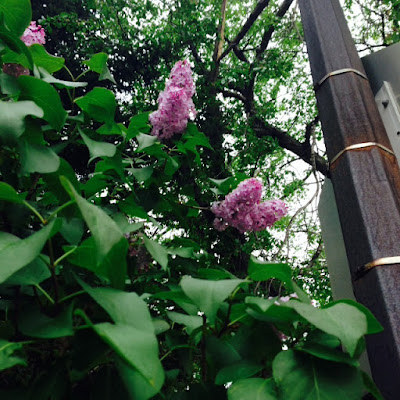Poinsettia: How to keep it alive past Christmas
Poinsettia are a gorgeous holiday plant that come in a variety of colors, and can add life to any Christmas display. Although they look amazing for a few weeks after bringing them home from the store, or receiving them as a gift, they tend to die off quickly without proper care.
Purchase:
If you plan on keeping your poinsettia for a long time, it is important to choose a healthy plant to begin with. Make sure there are no yellowing leave, no bugs, and there should be small yellowish buds in the middle of the "flower" (the bunch of red or white leaves that are the signature look of the poinsettia).
Bringing it home:
Poinsettias are very sensitive to cold temperatures, so if you live in a cold area, it is very important to protect your poinsettia while bringing it into the house. If possible, only purchase your plant on a warmer day without freezing temperatures or strong winds, and use a large box to transport it rather than a plastic bag. Plastic can actually cause more harm to your plant than good, as plastic tends to "suck in" the cold.
Where to put it?:
Poinsettias like:
- Bright locations without any direct sunlight
- Stable temperatures -- keep it away from any drafts
Water your poinsettia only when the soil feels slightly dry to the touch. Provide adequate drainage, and don't let it sit in excess water for more than 10 minutes.
Fertilizer:
Poinsettias should never be fertilized while still in their Christmas bloom. Throughout the summer they enjoy a balanced houseplant fertilizer once every couple of weeks.
Things to note:
- Although you can keep a poinsettia alive all year long, they will lose their "flower" around April.
- A strict light/dark schedule is required to re-flower your poinsettia
- Poinsettias can be kept outdoors during the summer, as long as temperatures do not drop too far over night.
Are Poinsettias Poisonous?
Poinsettias are considered "Mildy Poisonous". Their poisonous effects come from a milky sap contained in the stems of the plant. This can be irritating to skin and eyes, and if ingested, can cause mild symptoms such as nausea. Generally, these plants should be kept away from children and pets, but their effects are usually not serious, and rarely require medical attention.
Sources:
http://landscapeontario.com/home-care-tips-for-your-poinsettia
http://www.gardeningknowhow.com/ornamental/flowers/poinsettia/poinsettia-care-how-do-you-take-care-of-poinsettias.htm






Comments
Post a Comment